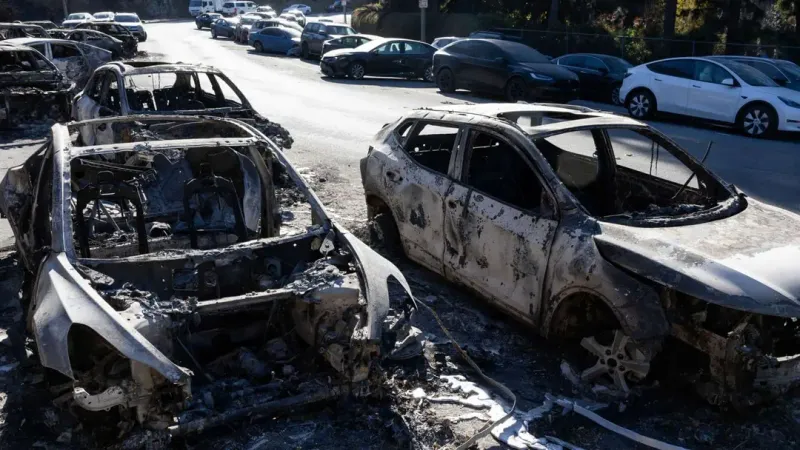COP28: 118 Nations Pledge to Push Out Fossil Fuels
To reduce the reliance on fossil fuels in global energy production, 118 governments on Saturday pledged to triple the world's renewable energy capacity by 2030 at the UN's COP28 climate summit....

Facts
- To reduce the reliance on fossil fuels in global energy production, 118 governments on Saturday pledged to triple the world's renewable energy capacity by 2030 at the UN's COP28 climate summit.1
- Led by the EU, the US, and the UAE, the pledge calls for scaling up clean power, phasing down unabated coal, and ending private finance for new coal-fired power plants to ultimately eliminate CO2-emitting fossil fuels by 2050.2
- However, India and China — dependent on coal to provide energy access to their billion-plus populations — didn't sign the global pledge despite signaling support for tripling renewable energy by 2030 at the 2023 G20 Summit in New Delhi.3
- Meanwhile, the UK, Canada, France, Ghana, South Korea, and Sweden were among the 22 countries that pledged to triple nuclear energy capacity — vital to reduce carbon emissions in line with the Paris Agreement goals — by 2050 from 2020 levels.4
- In addition, nearly 50 oil and gas companies — representing more than 40% of global oil production — committed to cutting methane emissions to near zero by 2030 and reducing operational carbon emissions by 2050.5
- Sultan al-Jaber, president of COP28 and head of the Abu Dhabi National Oil Company, maintained that the pledge 'adds up to more countries and more companies from more sectors than ever before, all aligning with our North Star of 1.5°C.'6
Sources: 1Reuters, 2Saltwire, 3News18, 4The Irish Times, 5Euronews and 6BBC News.
Narratives
- Establishment-critical narrative, as provided by Reuters. This pledge is a smokescreen — it only covers emissions from production, not the burning of fossil fuels. This is just more industry greenwash as it hides the reality that we need to move away from producing oil and gas to meaningfully tackle the climate crisis. Moreover, tripling global nuclear capacity by 2050 would require governments and financial institutions to scale up investments significantly. Considering Africa has received just 2% of international investments in renewable energy over the last two decades, such voluntary deals alongside global temperatures and greenhouse gas emissions will continue to pile up.
- Pro-establishment narrative, as provided by Nikkei Asia. The agreements at the COP28 summit aim to decrease the production and use of fossil fuels and highlight the significance of transitioning from fossil fuels to prevent a global climate catastrophe and stave off an unprecedented human rights crisis. Many national oil companies have adopted net zero 2050 targets for the first time, which is a great first step to limit global warming this century to 1.5°C above pre-industrial levels. The world is grappling with how to halt the non-stop rise in planet-warming emissions — COP28 has made significant progress in acting fast together.






